Homeless Day Center to Open in Downtown Santa Barbara
After 20 Months of Preparation, City Council Voted Unanimously to Approve
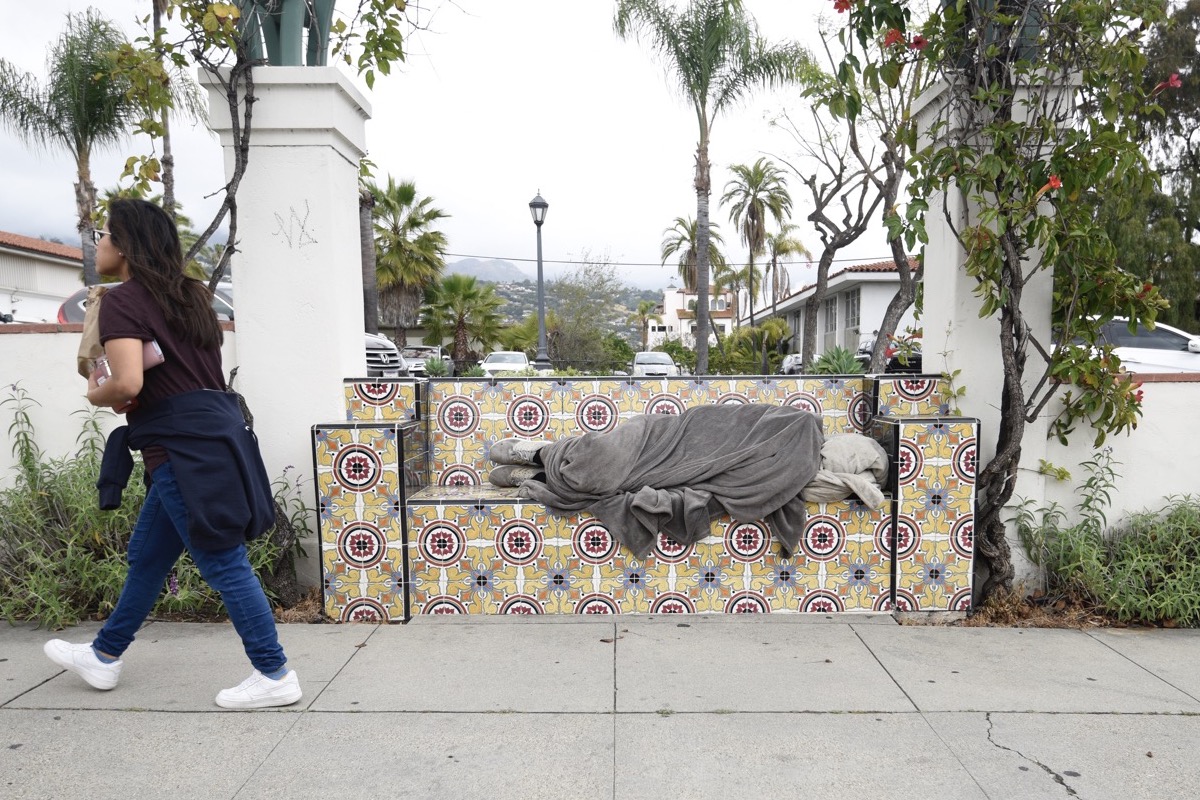
It was a historic moment. After 20 months of quietly pounding the pavement, senior City Hall administrator Barbara Andersen finally secured a location for a day center on the 600 block of Chapala Street where homeless people can gather and connect with a myriad of supportive services designed to help them get off the street and into more permanent housing. This Tuesday, the City Council voted unanimously to approve a lease for the property — set back deep from the sidewalk and surrounded by two properties that are likewise set back deep from the street — to the tune of $213,000 a year for three years. When the cost of services to be provided there are factored in, the total comes to $700,000 a year. Of that, 55 percent will be borne by City Hall. Perhaps more striking than the unanimity of the council vote was the absence of a single discouraging word of protest from the public. And the public discussion was not short.
In years past, the mere suggestion of such a center — widely acknowledged for many years as a missing link in the otherwise wide array of South Coast homeless services — would have been an exercise in rhetorical futility, doomed from the start. That it succeeded at the council meeting has everything to do with Barbara Andersen, who before her tenure at City Hall worked in a key leadership capacity for S.B. Alliance for Community Transformation (ACT).
S.B. ACT was responsible for launching three Neighborhood Navigation Centers throughout downtown Santa Barbara where homeless people could grab a meal, enjoy a hot shower, get their pets tended to, hang out, and connect with service providers. But those navigation centers — one at Alameda Park, one at the city parking lot by Castillo and Carrillo streets, and one at the Rescue Mission — each operated only one day a week and for very limited hours.
The one at Alameda Park had long been skating on thin ice; not everyone was thrilled that such a prominent downtown park had become a gathering spot for homeless people every Thursday afternoon. The new center — officially dubbed a “Daytime Navigation and Workforce Development Center” — will be open five days a week from morning to midafternoon. With its opening, the centers at Alameda Park and at the Castillo Street parking lot will be phased out. The parking lot is already slated to become a housing project.
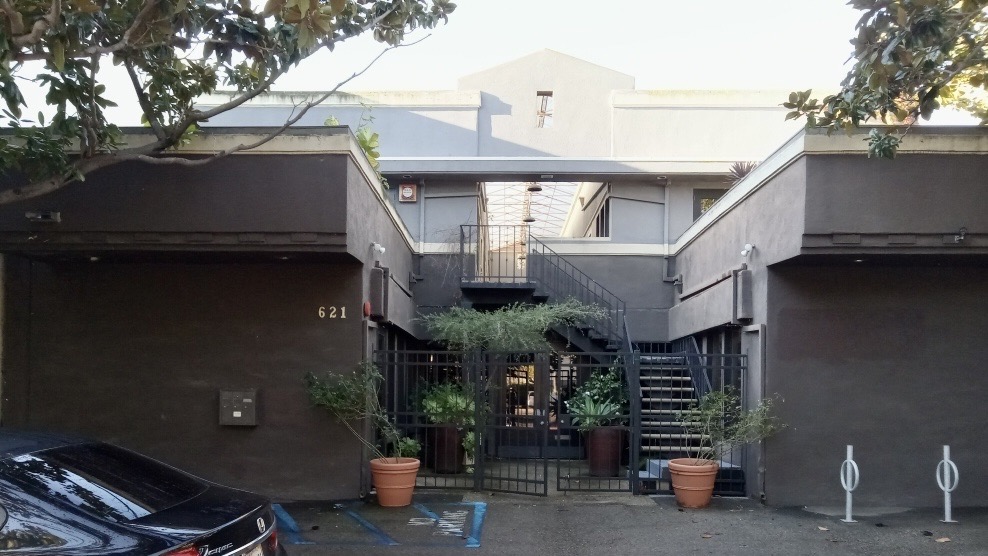
Sandwiched between the Sherwin-Williams paint company and Jodi House, the site, at 621 Chapala, offers fenced-in outdoor patio space where carts can be stored and indoor space where guests can gather, enjoy a bag lunch, take a shower, and store their personal records. Ten offices on the second story are set aside for service providers — where guests can meet privately with medical professionals, job skills advisors, mental health care providers, substance abuse counselors, and others who can help negotiate complex bureaucracies.
Given how complex and fragmented the South Coast’s constellation of homeless services is, it’s easy for people to fall through the cracks. Rich Sander, head of S.B. ACT, told the council that having permanent office space on-site for providers will create “a synergistic ecosystem” that allows for much greater collaboration and oversight.
To be effective, such centers have to offer a reliable presence with regular hours, Andersen explained. At first, the center’s hours will be from 10 a.m. to 2 p.m. until any operational kinks can be worked out, and then the hours will expand from 8 a.m. to 2 p.m. Andersen said she has knocked on the doors of all immediate neighbors; only one, she reported, expressed discomfort with the proposed operation.
At any given time, she explained, there will be three staff on site and three to four peer counselors — people who were formerly without homes but managed to get off the streets. In the evenings, she said, regular security patrols would walk the neighborhood to ensure the day center does not become a magnet for guests and their friends. The maximum capacity, Andersen anticipated, would be 50 to 55 guests, but average daily population, she expected, would hover closer to 30 to 35.
Andersen said she has always believed Santa Barbara needed a day center, but now — with several hundred new homeless housing units about to become available — the need is more urgent for those seeking to transition from the streets to more propitious opportunities.
Rich Sander spoke to the council about a client who told him, “I’m 74 years old and I don’t want to die in my car.” That man has since gotten a room in the new Vera Cruz housing complex targeting formerly homeless people. He didn’t just land that room overnight; there was a gradual process of preparation.
The council heard from a host of speakers: some onetime clients of S.B. ACT, some care providers, some both. Robin Elander and Bob Stout, both speaking for the business organization Downtown Santa Barbara, expressed unstinting support. Stout noted his that bar, Wildcat Lounge, is only half a block away from the proposed center.
Leading the charge to approve the lease was councilmember Alejandra Gutierrez, who said the center would provide people in need a stable place to go. Santa Barbara may offer many resources to those in need, she said, but for people down on their luck, it’s not easy to access them. “It’s so hard for people. Just showing up is a big deal,” she said. “If they show up, you know they went through a lot to get there.”
Other councilmembers, such as Eric Friedman, said the center would relieve the library from some of the wear and tear that’s come from functioning as a de facto day center for homeless people. The existence of the center, he said, would also provide a place to direct people who were loitering. Mayor Randy Rowse cautioned that the center could not be allowed to fail and that the onus was on the council to ensure the surrounding neighborhood was not negatively impacted. Councilmember Kristen Sneddon, long a champion of the idea, waxed effusive. “It’s been a long time coming,” she said.
While this will be the first downtown day center, it will not be Santa Barbara’s first day center. That distinction goes to the Fr. Virgil Cordano Day Center started in November 2018 by the Sisters of St. Vincent’s and Franciscan Friars with the Old Mission, who opened offices in an old strip mall on a stretch of Calle Real by State Street and Highway 154. There, guests — about 90 a day, though not all at one time — are welcomed to rest in a bevy of La-Z-Boys, take showers, wash and dry their clothes, charge their phones, and get mail. On staff are a nurse and a licensed beautician who washes and cuts guests’ hair. Propelling the operation is a team of about 40 volunteers.The new center, Andersen said, might be a bit more directive. “It will be a comfortable place, but there will be fewer La-Z-Boys,” Andersen said. “It’s going to be really housing focused. We accept people where they’re at, but we may give them a little nudge.”
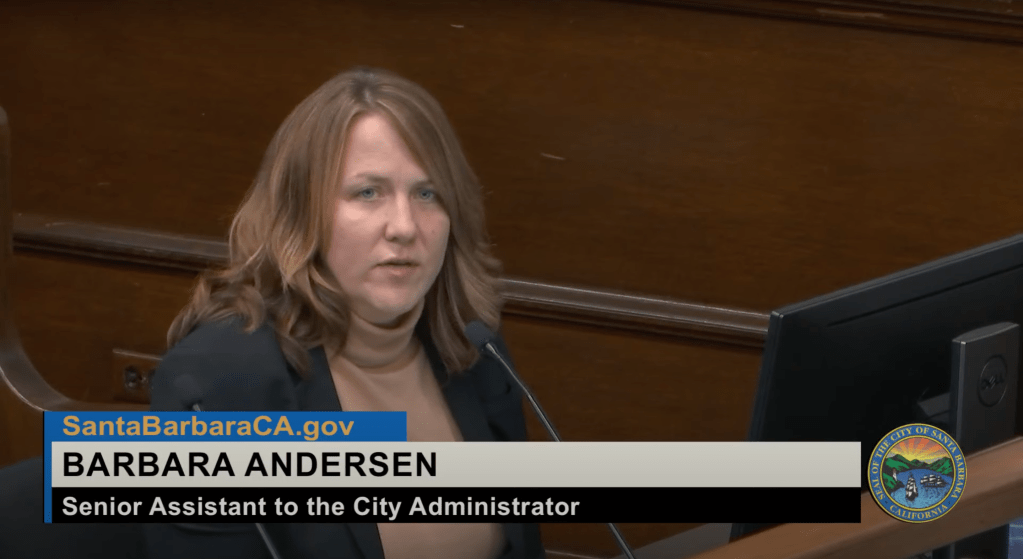
Premier Events
Sun, Apr 28
6:00 PM
Santa Barbara
AHA! Presents: Sing It Out!
Thu, May 02
5:00 PM
Santa Barbara
Things with Wings at Art & Soul
Sat, May 04
10:00 AM
Lompoc
RocketTown Comic Con 2024
Sat, Apr 27
11:00 AM
Santa Barbara
Santa Barbara Plant Fest
Sat, Apr 27
3:30 PM
Santa Barbara
Santa Barbara Trapeze Co and Unity Shoppe Spring Food Drive
Sat, Apr 27
8:00 PM
Santa Barbara
Beau James Wilding Band Live
Sun, Apr 28
11:00 AM
Santa Barbara
Santa Barbara Earth Day Festival 2024
Wed, May 01
7:30 PM
Santa Barbara
American Theatre Guild Presents “Come From Away”
Thu, May 02
5:00 PM
Santa Barbara
100th Birthday Tribute for James Galanos
Thu, May 02
5:00 PM
Santa Barbara
Meet the Creator of The Caregiver Oracle Deck
Fri, May 03
4:00 PM
Santa Barbara
Santa Barbara Fair+Expo “Double Thrill Double Fun”
Fri, May 03
8:00 PM
Santa barbara
Performance by Marca MP
Sat, May 04
10:00 AM
Solvang
Touch A Truck
Sun, Apr 28 6:00 PM
Santa Barbara
AHA! Presents: Sing It Out!
Thu, May 02 5:00 PM
Santa Barbara
Things with Wings at Art & Soul
Sat, May 04 10:00 AM
Lompoc
RocketTown Comic Con 2024
Sat, Apr 27 11:00 AM
Santa Barbara
Santa Barbara Plant Fest
Sat, Apr 27 3:30 PM
Santa Barbara
Santa Barbara Trapeze Co and Unity Shoppe Spring Food Drive
Sat, Apr 27 8:00 PM
Santa Barbara
Beau James Wilding Band Live
Sun, Apr 28 11:00 AM
Santa Barbara
Santa Barbara Earth Day Festival 2024
Wed, May 01 7:30 PM
Santa Barbara
American Theatre Guild Presents “Come From Away”
Thu, May 02 5:00 PM
Santa Barbara
100th Birthday Tribute for James Galanos
Thu, May 02 5:00 PM
Santa Barbara
Meet the Creator of The Caregiver Oracle Deck
Fri, May 03 4:00 PM
Santa Barbara
Santa Barbara Fair+Expo “Double Thrill Double Fun”
Fri, May 03 8:00 PM
Santa barbara
Performance by Marca MP
Sat, May 04 10:00 AM
Solvang

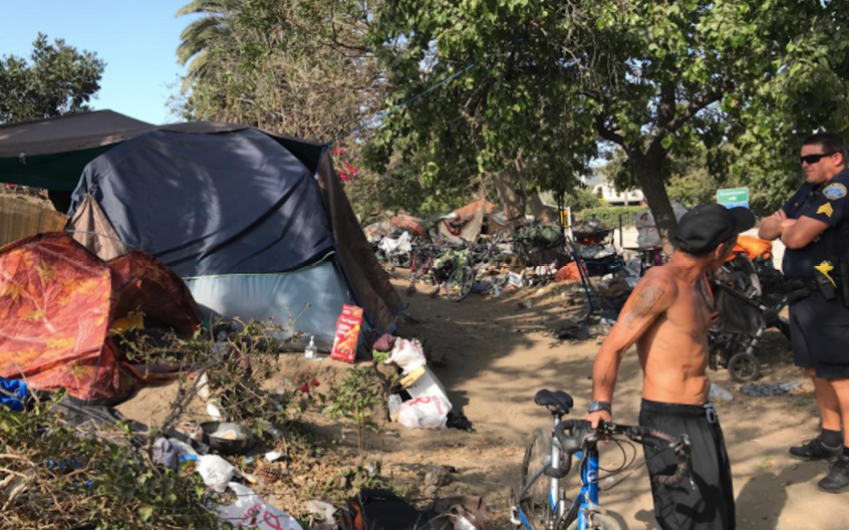
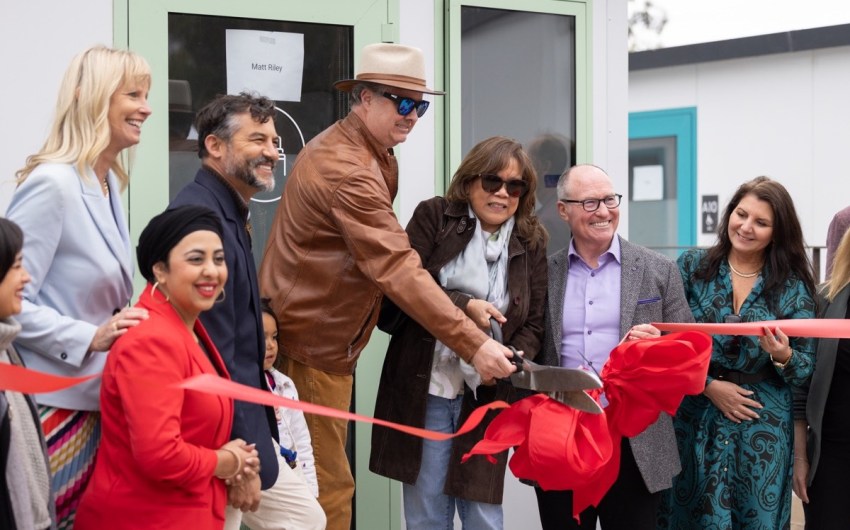
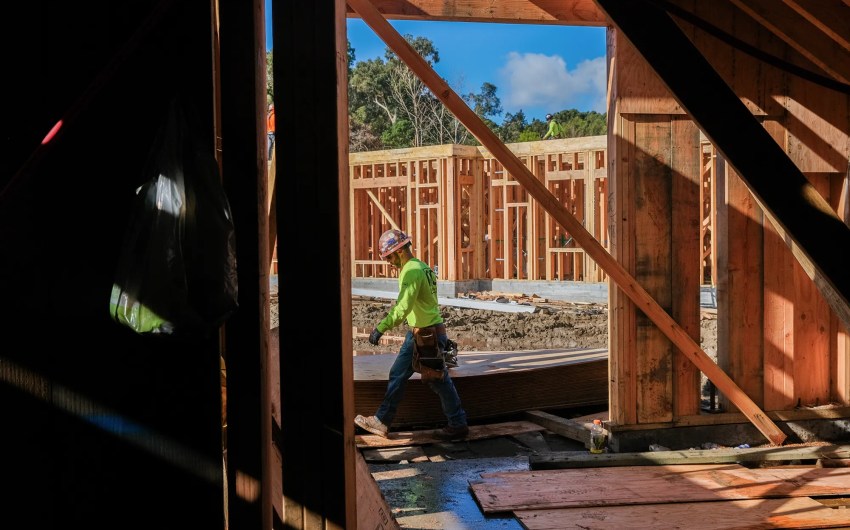
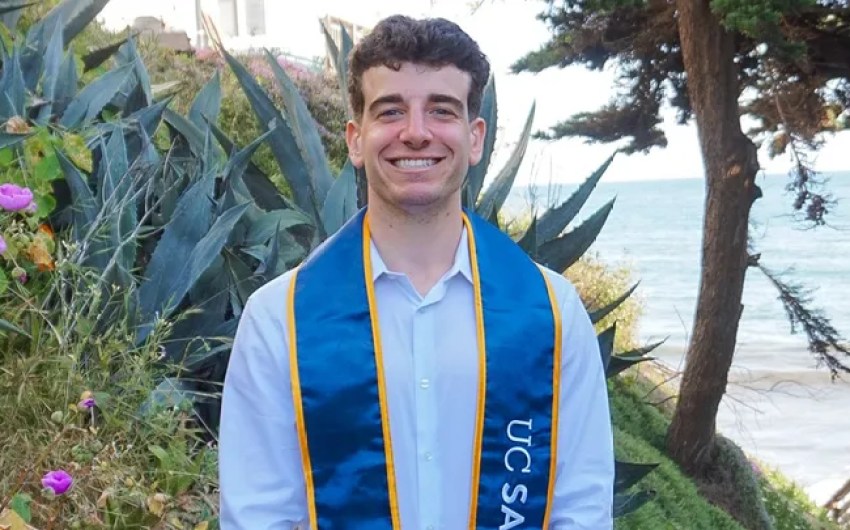

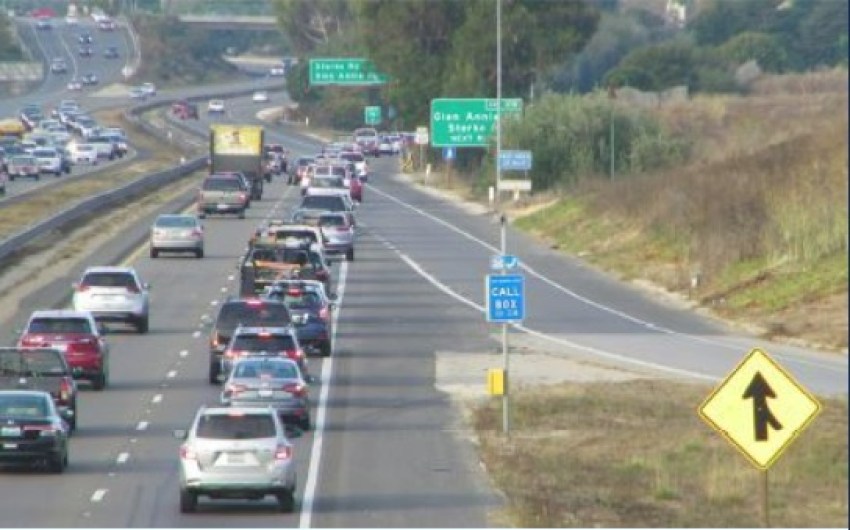


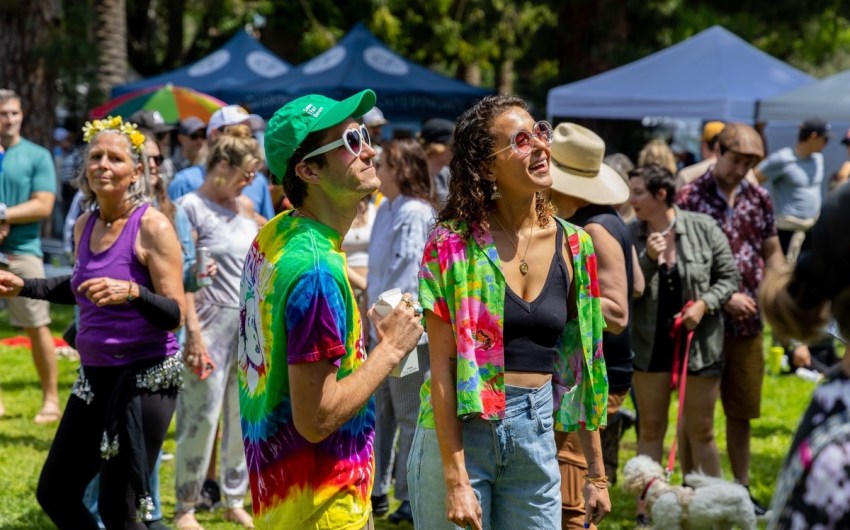

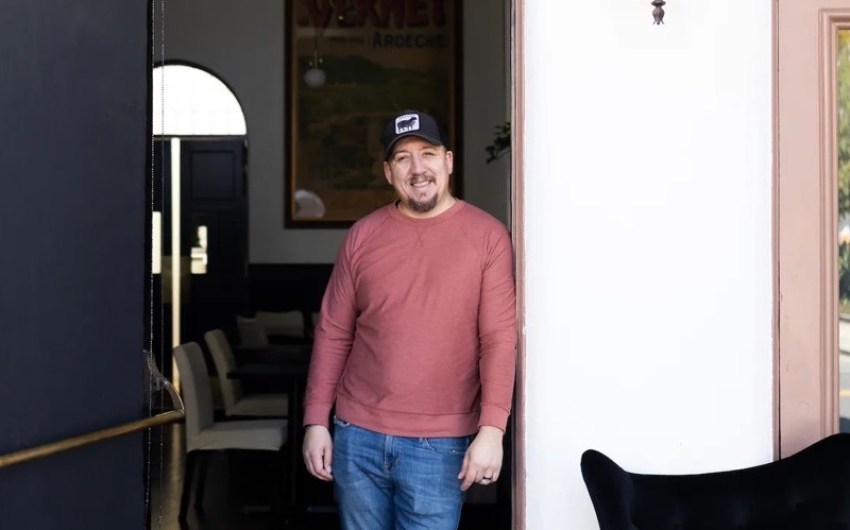
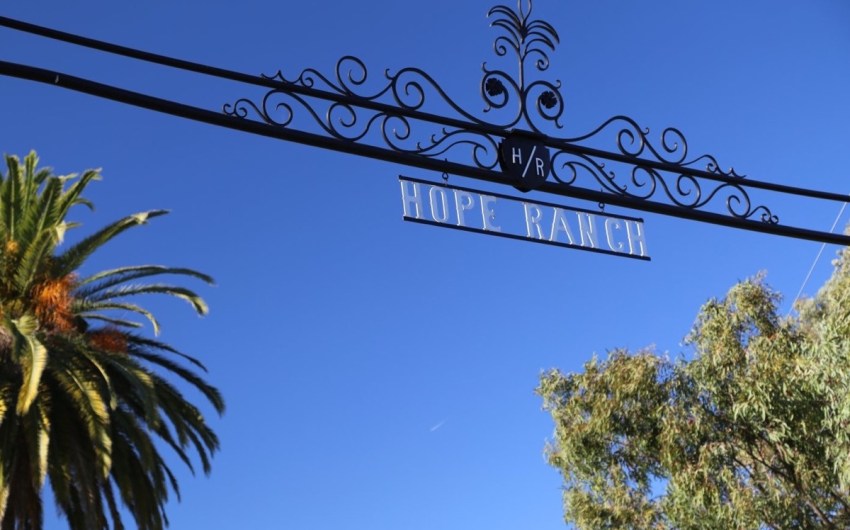
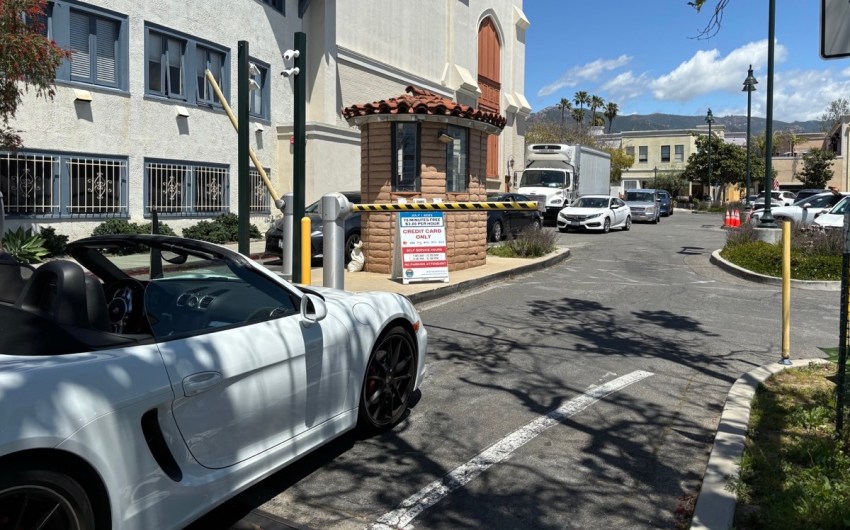
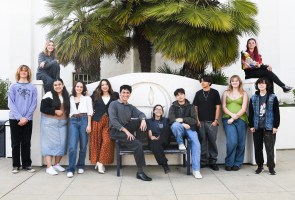












You must be logged in to post a comment.